OTHER UNIVERSITY CO-INVESTIGATORS

Tony Weis
Tony Weis is Professor at the Department of Geography at Western University. His research is broadly located in the field of political ecology, with a focus on the power, inequalities, and biophysical instabilities associated with globalized agriculture and food systems, including the explicit and implicit (environmental externalities) subsidies that brace the competitiveness of industrial production. Over the past decade this work has centered most of all on the transformations associated with the industrial grain-oilseed-livestock complex and the soaring scale of animal consumption, and the momentous implications for the environment, food security, and inter-species relations this entails.
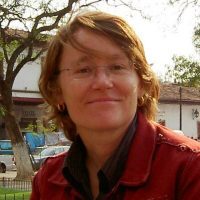
Jill Wigle
Jill Wigle is Associate Professor at Carleton University. As an urban geographer, she is broadly interested in housing, planning and urban governance issues and their relationship to precarity and equity. Her research focuses on the geographies of “informal” housing and spatial regulation, everyday planning practices, space and gendered livelihoods, and the spatial politics of neighbourhood (barrio) upgrading in Mexico City. This research has explored access to land and housing issues as well as the ways that “formal” planning maps and programs intersect with planning practices to produce “informality” in different territories of the city.

Abel Chikanda
Dr. Abel Chikanda is an Associate Professor in the School of Earth, Environment & Society (EES) at McMaster University in Hamilton, Ontario. He holds a Ph.D. in Geography with specialization in Migration and Ethnic Relations from the University of Western Ontario. His recent research has focused on African immigrant integration and the role of diasporas in developing their countries of origin. His current research seeks to explore the ways in which African cities can build sustainable and resilient food systems. He is an active member of the Southern African Migration Programme (SAMP), the African Urban Food Network (AFSUN), the Hungry Cities Partnership (HCP) and the Migration and Food Security (MiFOOD) research networks.
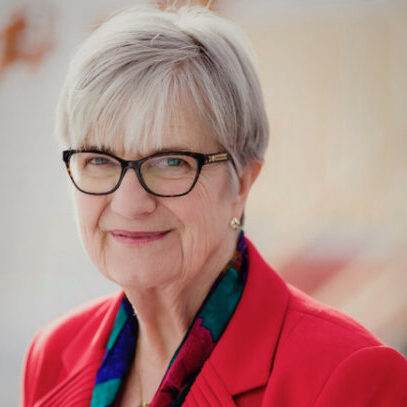
Miriam Grant
Miriam Grant is a Professor Emeritus (Geography) in the Department of Community, Culture and Global Studies, UBC Okanagan. A social urban Geographer who obtained her PhD from Queen’s University, she was a faculty member in Geography at the University of Calgary for twenty years before moving to UBCO to become Vice Provost and Dean, Graduate and Postdoctoral Studies (2011-2018). Dr. Grant has conducted most of her research in Zimbabwe on low-income housing, youth vulnerability, gendered aspects of HIV/AIDS care, and the urban elite in Bulawayo (1953-1990). She was also a collaborator on a CIDA UPCD grant on linkages between migration, HIV/AIDS and urban food security in Southern Africa. Her current research interests include Lodging in Burgeoning Cities and Transnational Zimbabweans in South Africa.
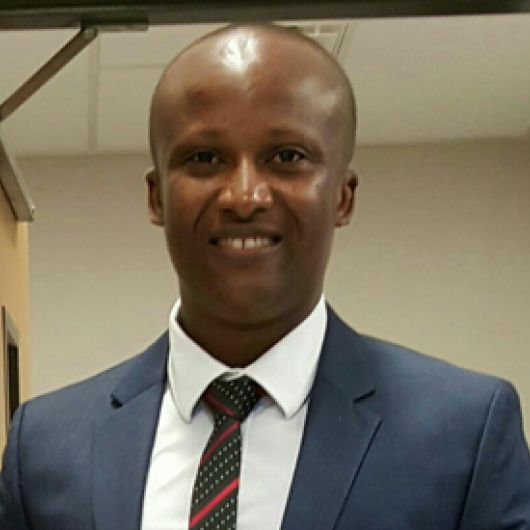
Vincent Kuuire
Vincent Kuuire is an Assistant Professor of Geography at the University of Toronto Mississauga. His research examines immigrant integration dynamics in Canada. He is particularly interested in exploring the connections between various forms of immigrant transnational activities and integration. He also studies migration as a livelihood diversification strategy in the context of rapidly changing agro-ecological conditions in North- western Ghana. In addition to migration, his research in health geography examines topics such as environment and health, non-communicable diseases as well as healthcare access disparities in sub- Saharan Africa.
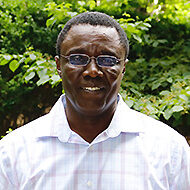
Isaac Luginaah
Isaac Luginaah is Professor and Canada Research Chair at the Department of Geography and Environment in Western University, Canada. He has a broad area of research interests including environment and health, population health and GIS applications in health. His work involves an integrative understanding of the broad determinants of the population health and the evidence of environment and health linkages.
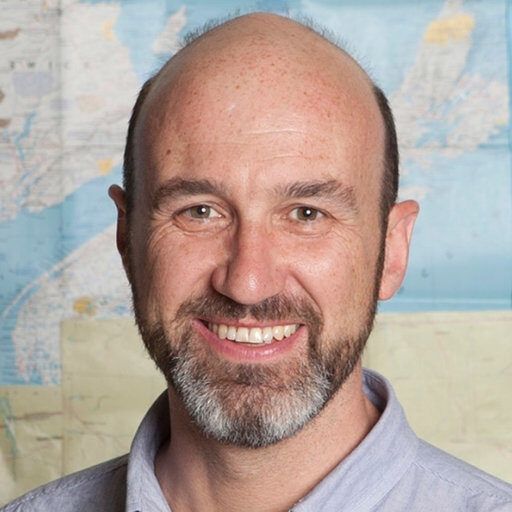
Philip Kelly
Philip Kelly is Professor at York University. His research has examined the labour market trajectories of Filipino immigrants and their children in Toronto, the transnational linkages forged with communities and families in the Philippines, and the process of socio-economic change in sending areas. Conceptually, he is interested in the interface between political economy approaches to class and labour markets, and cultural approaches that explore the intersection of class and other bases of identity. His current research project examines the potential of migrant social networks in the development of transnational alternative economic practices between Canada and the Philippines.
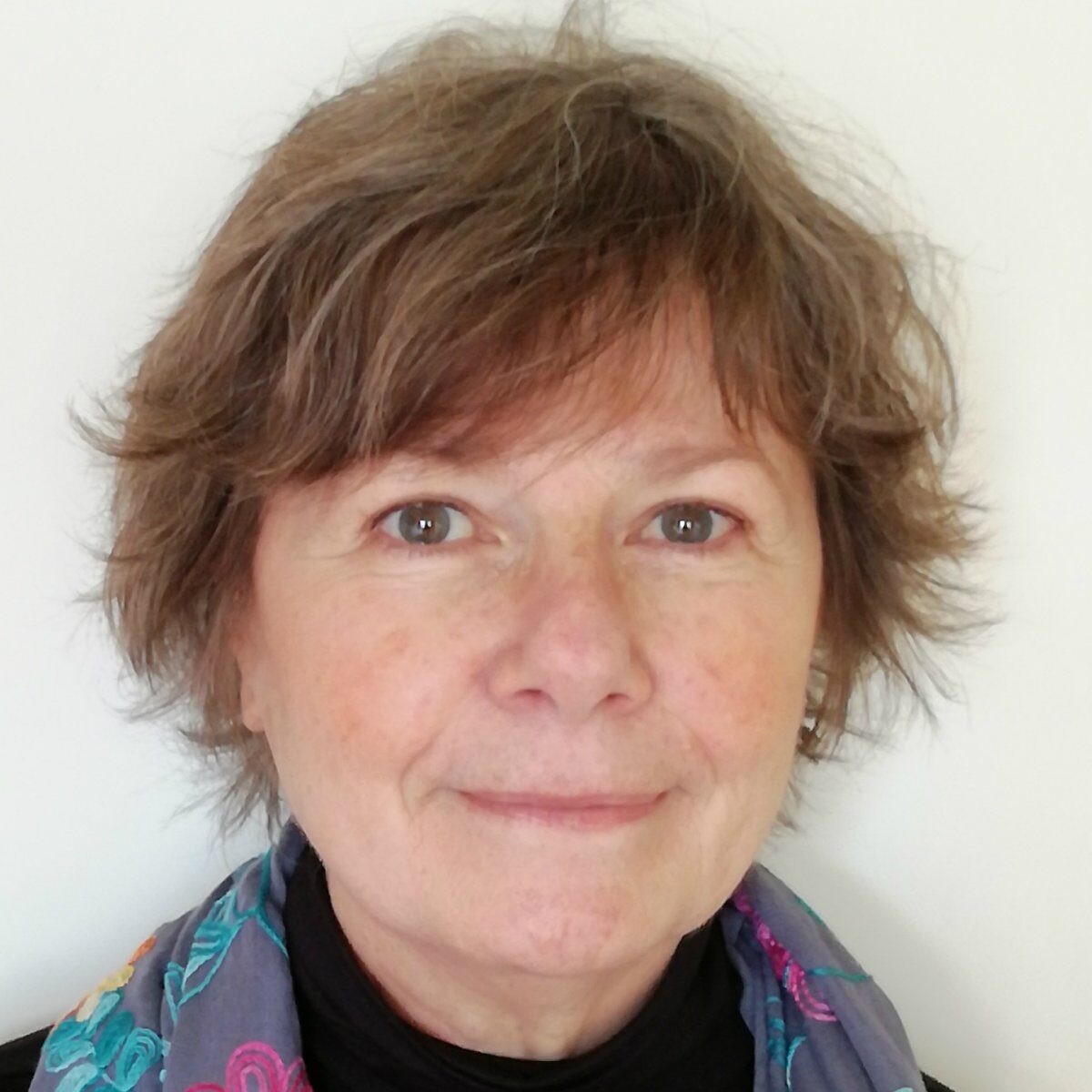
Cecilia Tacoli
Cecilia Tacoli is a Principal Researcher at the Institute for Environment and Development (IIED). Her work explores how the relations between rural and urban areas, people and enterprises are transformed by urbanisation processes. She has written and edited several publications on this topic, including The Earthscan Reader in Rural-Urban Linkages, and has researched the links between migration, environmental change and urbanisation with partners in Africa, Asia and Latin America. She is especially interested in how these transform gender relations, and their impact on urban and rural food consumption and insecurity. She has served as lead/contributing author in the IPCC 5th Assessment Report.

Nicola Piper

Graeme Young
Graeme Young is a Lecturer in Social and Public Policy at the University of Glasgow. He is a former QES Scholar who served as a Postdoctoral Fellow at the Balsillie School of International Affairs and a Visiting Researcher at the African Centre for Cities at the University of Cape Town with the Hungry Cities Partnership. Graeme received his PhD in Politics and International Studies from the University of Cambridge in 2018.
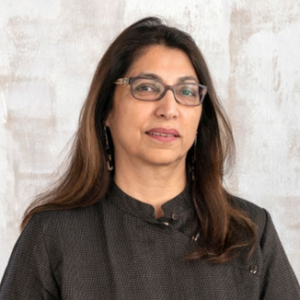
Shirin Rai
Shirin M. Rai is Distinguished Research Professor in the Department of Politics and International Studies SOAS, University of London. She is a Fellow of the British Academy. She is the Founding Director of Warwick Interdisciplinary Research Centre for International Development (WICID)at the University of Warwick.
Shirin Rai is an interdisciplinary scholar and has written extensively on issues of gender, governance and development and politics and performance. In particular, she has been working on issues of gendered care and work and the costs of this carework, and on developing a framework of politics and performance across the social sciences/humanities boundaries. Her recent books include Performing Representation, a commentary on women MPs in the Indian Parliament as well as co-edited the OUP Handbook of Politics and Performance. Her teaching and research build on this work at both theoretical and empirical levels.
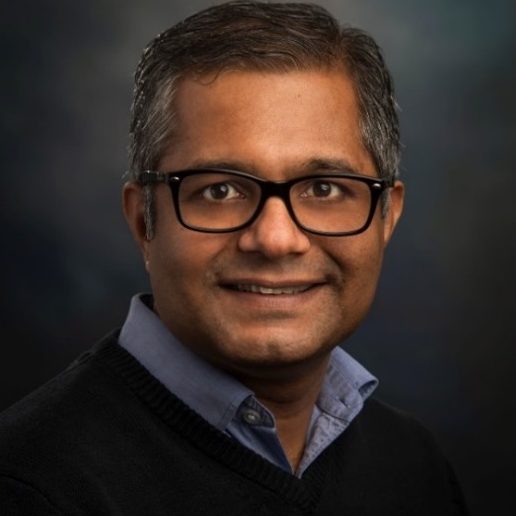
Chetan Choithani
Chetan Choithani is an Assistant Professor in the Inequality and Human Development Programme of the School of Social Sciences, National Institute of Advanced Studies (NIAS), Bengaluru. The broad disciplinary domain of Chetan’s work is development studies. Within this area, his research and teaching interests include migration and urbanisation, food and nutrition, livelihoods, gender, and social policy and how they relate to development, particularly in the Indian context. He has published his work on these issues in peer-reviewed journals including World Development, Economic Geography, Gender, Place and Culture, Geographical Research, Journal of Peasant Studies, and Economic and Political Weekly. Chetan has done extensive fieldwork in remote parts of India, and his research uses primary, field-based insights to engage with and inform larger issues of development.

Shiva Mohan
Shiva S. Mohan is a human geographer with research interests situated at the interface of migration and mobility studies, island studies and political geography. His work seeks to underscore the ambivalences, contradictions and precarities within migrants’ lived experiences, in addition to those faced by territories vis à vis transnational migrations. Shiva is currently a Research Fellow at the Canada Excellence Research Chair (CERC) in Migration and Integration program at Toronto Metropolitan University, where he leads two research projects: as part of a Horizon Europe consortium, the “Measuring irregular migration and related policies in the Canadian context” project (MIrreM Canada), and a Soli*City project investigating intergovernmentalism and “firewalls.” Shiva is a member of the Migration and Development Research Cluster at the Sir Arthur Lewis Institute of Social and Economic Studies (SALISES), The University of the West Indies. He is also an associated researcher and trustee with Swiss-based research NGO, Environmental Mobility Research Unit (EMRU).
